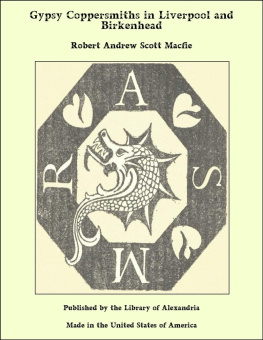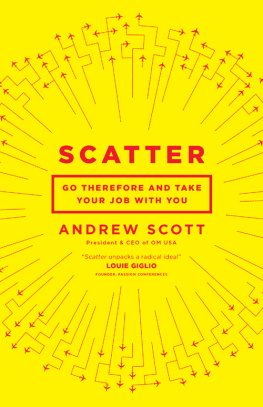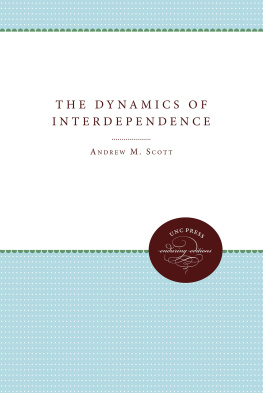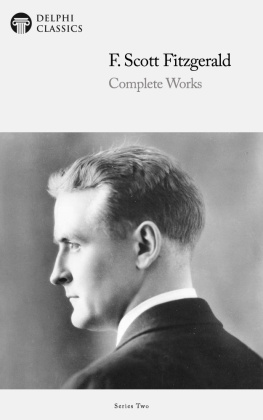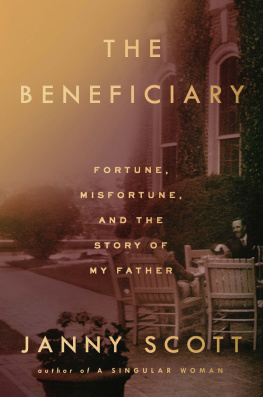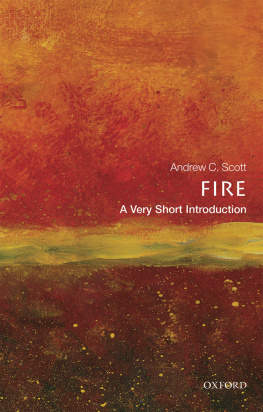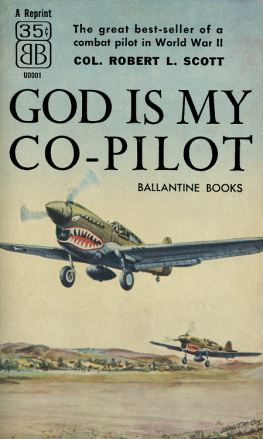When you want to find a Gypsy the police are more likely to be able to give you his address than directories, bankers, or ministers of religion; and it was a Liverpool policeman who sent me to the back of the municipal slaughter-house to seek a horde of Hungarian Roms whose arrival had been announced by the evening papers. In a squalid street, at a corner where insanitary dwellings had been demolished, I found a vacant plot of brick-strewn ground surrounded by high walls. There, evidently, were my Gypsies, for a crowd of boys had gathered round the one door, struggling for a glance through its keyhole. Mistaking me for a detective, they made way, and I knocked loudly and long.
The boys were not mistaken. There was a scene within which was worth looking at. The strangers had journeyed so rapidly from Marseilles to Liverpool that they had outstripped their heavy baggage, and, arriving before their tents, were obliged to bivouac under tiny extemporized shelters propped against the windowless house-walls which formed two sides of the square. They were making the best of circumstances with considerable success, for they had with them countless beds of eiderdown in brilliantly coloured covers, and they had their all-important samovars. The men were out, but the women, protected by a police-serjeant from the inhospitable attentions of their neighbours, were in the camp, and into that shabby yard they had brought an unaccustomed glory which was altogether foreign and oriental.
He who stepped through the battered door in St. Andrew Street travelled fifteen hundred miles in a second. Without, the slaughter-house and slumsdull, drab Liverpool; within, the glorious Eaststrange dark faces of exotic beauty, a blaze of scarlet gowns and yellow gold. For the women were bedizened with much jewellery: rings shone on their fingers, barbaric bracelets on their arms, chains and corals dangled from their necks, heavy pendants from their ears, and on their blouses sparkled many trinkets and brooches. Their jet-black hair hung in two plaits over their shoulders, and in each plait was woven a cord to which were attached six or seven great gold medals, generally Continental coins of 100 francs, but often our own magnificent five-pound pieces. And everywhere children gambolledpictures of health and happiness, fawn-like creatures whose scanty shifts scarcely concealed their lithe brown bodies.
Centuries ago mans inhumanity taught Gypsies the lesson that language is given them for the purpose of concealing their thoughts, and even now a Gypsy invitation, especially if it be pressing and cordial, often proves to have been a device for preventing a second visit. I was assured that carts had been ordered for seven oclock to effect the removal of the band to two houses they had rented in Pitt Street. Wishing to see the flitting, I returned earlier than the time stated, found that they had departed at six, tracked them with difficulty, and overtook them, not in Pitt Street, but on the Landing-stage, awaiting the Birkenhead luggage-boat. At the head of the procession was a large tilted cart in which squatted all the women and children, from elderly and angular Mothers of Egypt to beautiful Vola, the chiefs daughter-in-law, carrying her little baby. Two waggons followed, loaded with luggage, over which, high piled, was the bedding, and on top of all, dressed in the costume of theatrical brigands, the black-bearded men carrying long staves elaborately decorated with silver.
There were full forty souls in the party, but when the boat arrived at Birkenhead, Kola, the chief, held up the traffic by engaging the ticket-collector in an altercation as to the exact number. Since he spoke in Russian and the official in English, neither convinced the other. The chief maintained that there were only fourteen; the collector set the figure considerably higher, but as no two of his repeated attempts at enumeration agreed with one another, while the chiefs estimate never varied, Kola may be said to have had, on the whole, the best of the argument. At all events the management preferred giving way to being detained all night, and Uncle Kola triumphantly led his procession up the bridge.
Meanwhile a spectator passing along Green Lane, Tranmere, might have seen a very curious spectacle in the English Gypsies camp, for that was the destination of the aliens. On a bare patch of cindery earth between the dark brown tents of the Boswells and Robinsons, a piece of carpet had been spread, and on it, as advanced guard awaiting the main body, sat portly Tinka, the chiefs wife. Cross-legged, motionless, aloof, her eyes fixed on a distant infinity, quite alone yet totally unconcerned, she smoked her cigarette calmly in a long meerschaum holder. Red-robed as ever, wearing an immense weight of solid gold, brilliant as a flame, she contrasted strangely with the dingy colouring of the place: a Chinese idol in a Methodist chapel would have been less incongruous. But the English Gypsies, aping her detachment, feigned absence of interest; no one was visiblenevertheless many an eye was eagerly pressed to a hole in the tent-blanket.

